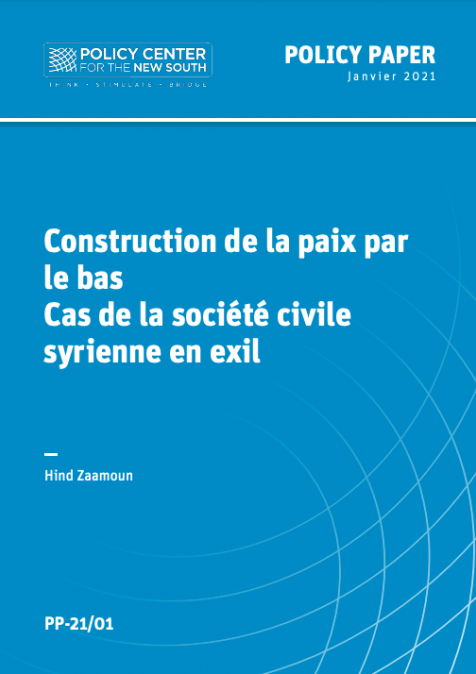Les Mardis du PCNS 6/7/2021: حلقة خاصة: تقديم التقرير السنوي للجيوسياسة الإفريقية
التقرير السنوي للجيوسياسة الإفريقية مشبع بروح وفلسفة مركز السياسات من أجل الجنوب الجديد. جنوب منفتح على العالم وغير مقيد في علاقته بالآخرين وفي رؤيته للذات. هذا والتقرير يدرس إفريقيا بنقاط قوتها ومعيقاتها، بمميزاتها وعيوبها، ما يجب تصحيحه وإعادة تنظيمه، وما يجب صيانته وتقويته وتوطيده تدور الأسئلة التي تم تناولها حول القضايا الاجتماعية، والموضوعات المتعلقة بالسياسة والحكامة، وكذلك أسئلة حول قضايا السلام والأمن إضافة إلى تداعيات الازمة الصحية على المستوى القاري. يتطرق التقرير بين طياته إلى مجموعة من التحديات والمقاربات التي تنبني على أساسها الديناميكيات المتغيرة للقارة إن على التحديات الأمنية في منطقة الساحل وتحدي التنسيق بين الاستجابات الدولية والوطنية في سياق الازمة الصحية، أو ما وراء المؤسسات من ضرورة وجود نموذج جديد يتسم بمقاربات تنبثق من أسس الحكامة وآلياتها بشكل يتماشى مع خصوصيات القارة الإفريقية.









